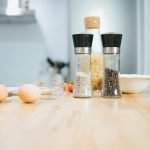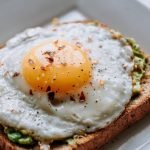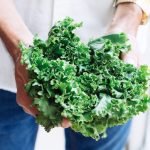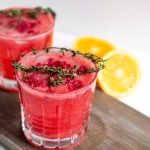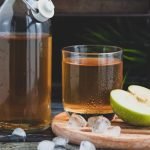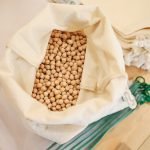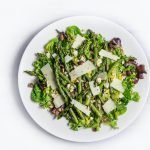Salt substitutes can reduce risks of heart attack, stroke and death
Scientists found that dietary salt substitutes lower the risk of heart attack, stroke, and death from all causes and heart disease.
Vitamin A may protect the heart from harm of obesity
In a study from Hannover Medical School in Germany, scientists found greater harm to genes involved in heart function when coupled with vitamin A...
More daily protein intake may reduce hip fracture risk in women
In a study from the University of Leeds, scientists found that increasing intake of protein and drinking regular cups of tea or coffee is...
This nutrient in your diet may reduce risk of vision loss disease
In a study from the National Eye Institute, scientists found that dietary nitrate intake is linked to a lower risk for the progression of...
This common beverage may protect you from high blood pressure
A recent study from The University of Western Australia showed that drinking a cup of black tea three times a day may strongly reduce...
Higher intake of dietary fiber linked to lower risk of migraine headache
Scientists found that increased dietary fiber intake is linked to a decreased incidence of migraine.
Why beetroot juice can strongly boost muscle force in exercise
In a study from the University of Exeter and elsewhere, scientists found that consuming dietary nitrate—the active molecule in beetroot juice—strongly increased muscle force...
Apple cider vinegar: is drinking this popular home remedy bad for your teeth? A...
Apple cider vinegar has become a popular home remedy in recent years and has been used for centuries in cooking and medicine.
It’s thought to...
This soybean protein block ‘bad’ cholesterol, help prevent metabolic diseases
In a study from the University of Illinois Urbana-Champaign and elsewhere, scientists found a protein in soybeans blocks the production of a liver enzyme...
Trying Mediterranean diet? Specialist says start here
For people focused on healthy eating in the new year, advice from specialists (and, problematically, non-specialists) can be hard to decipher, never mind follow.

